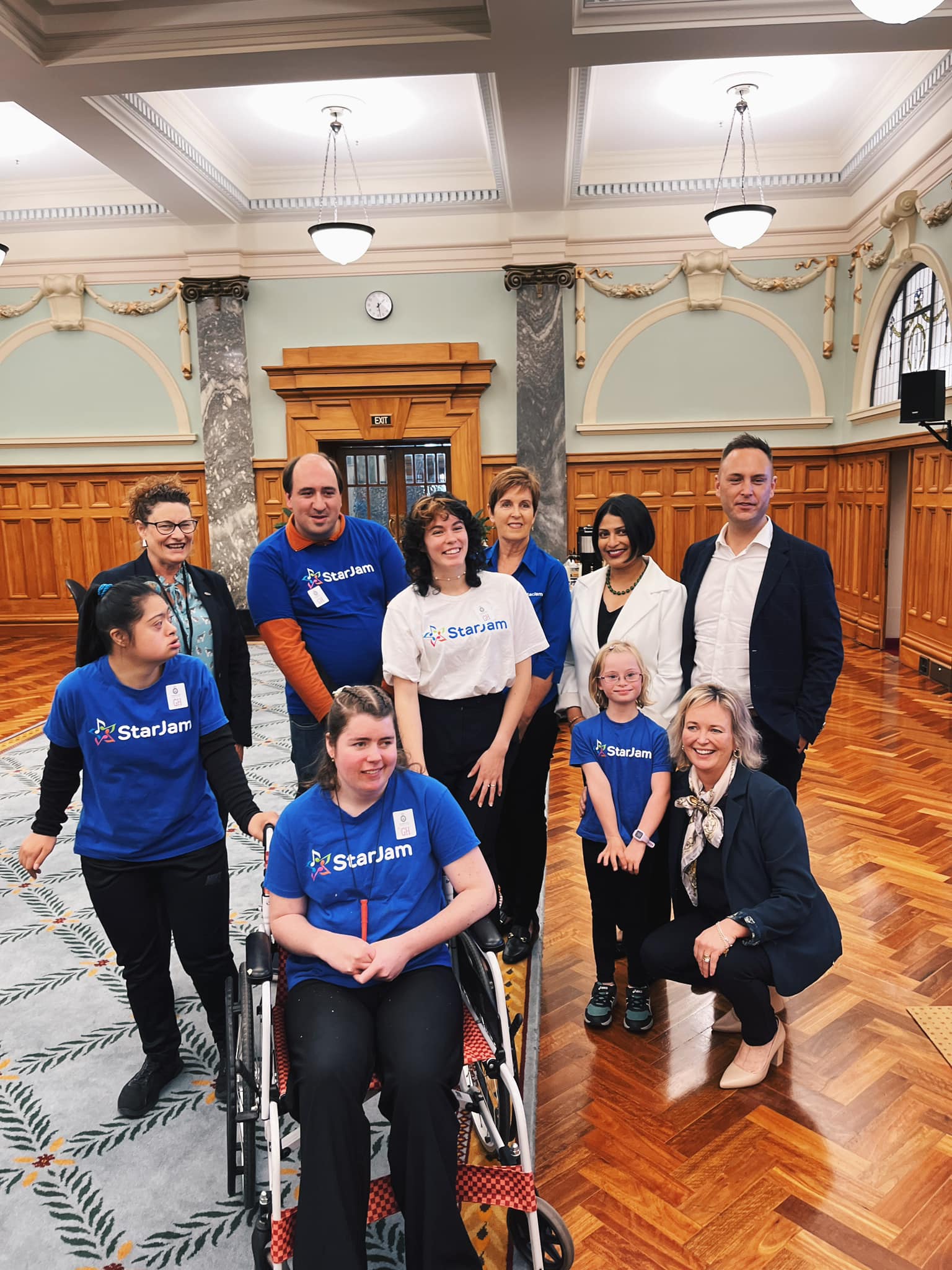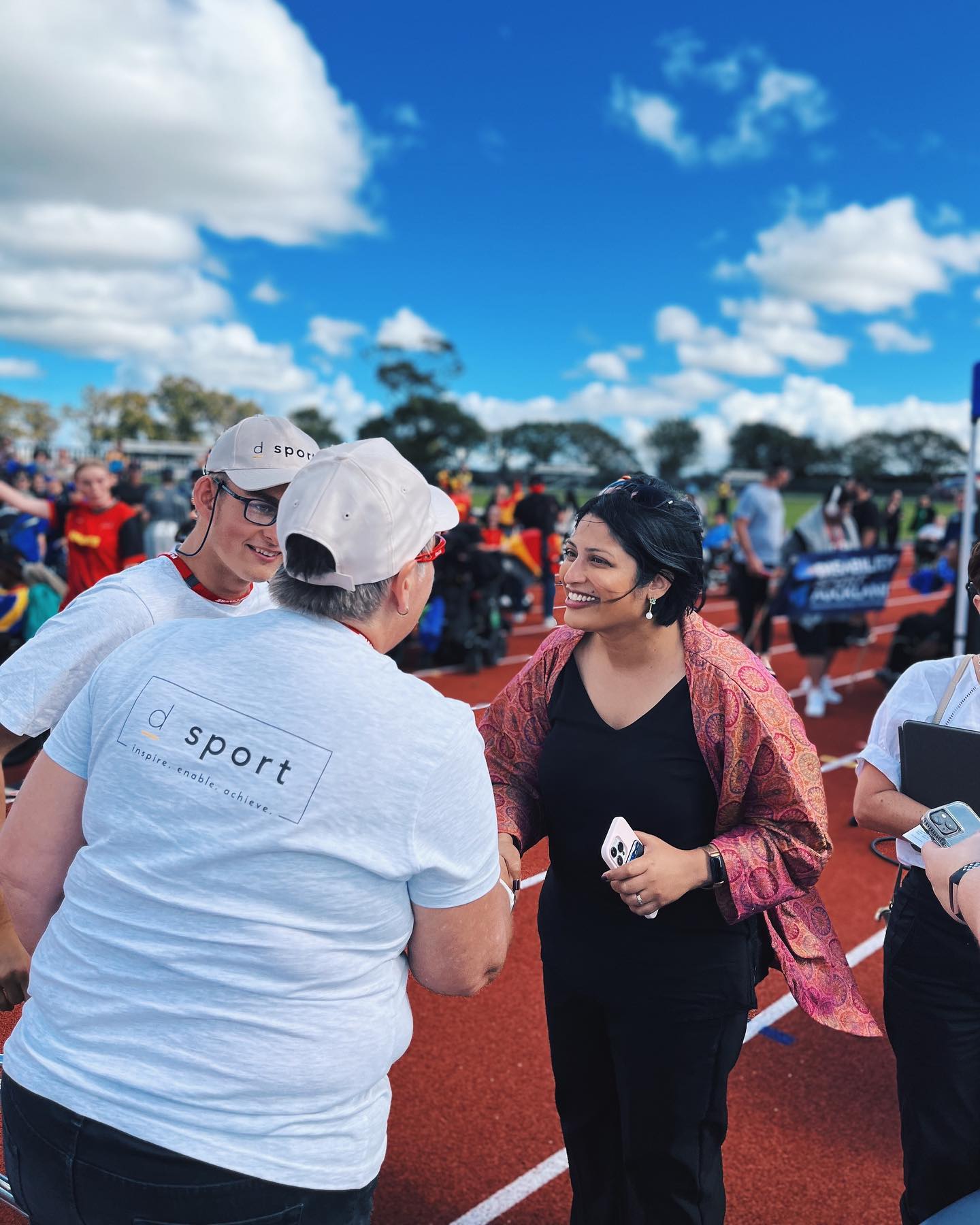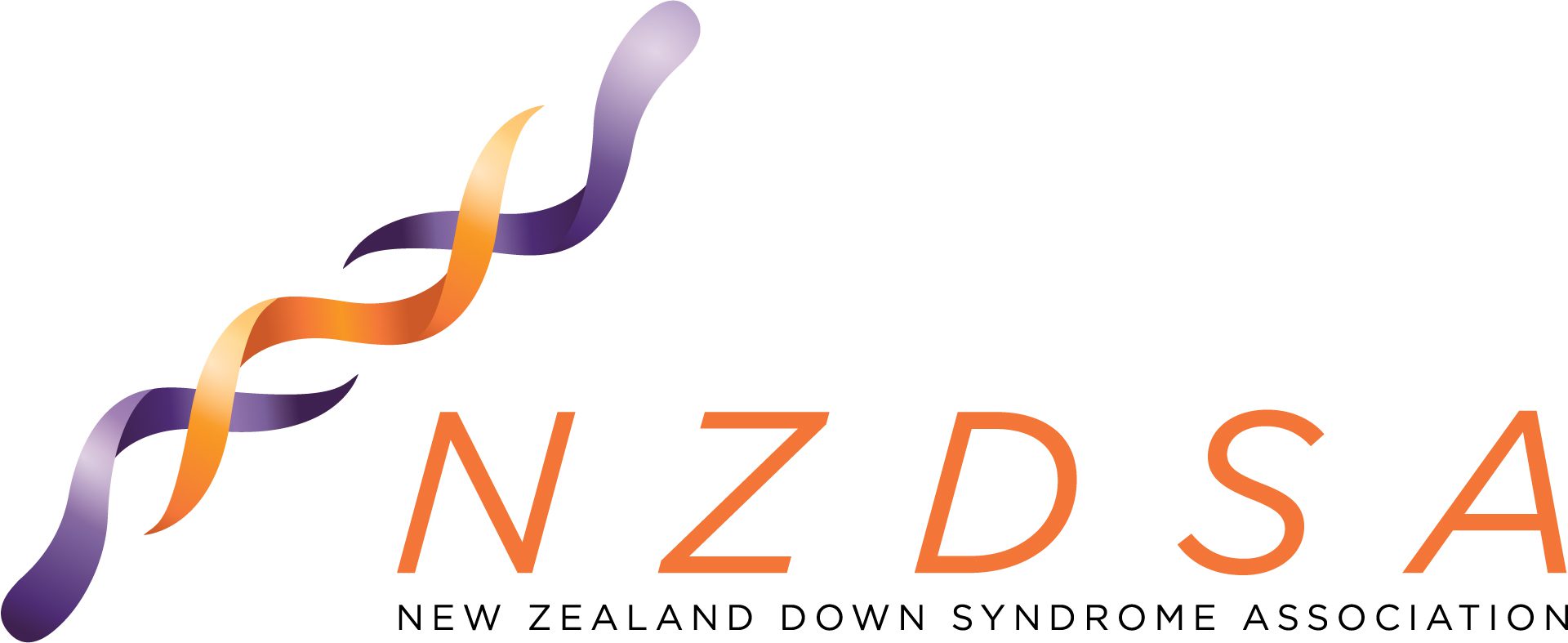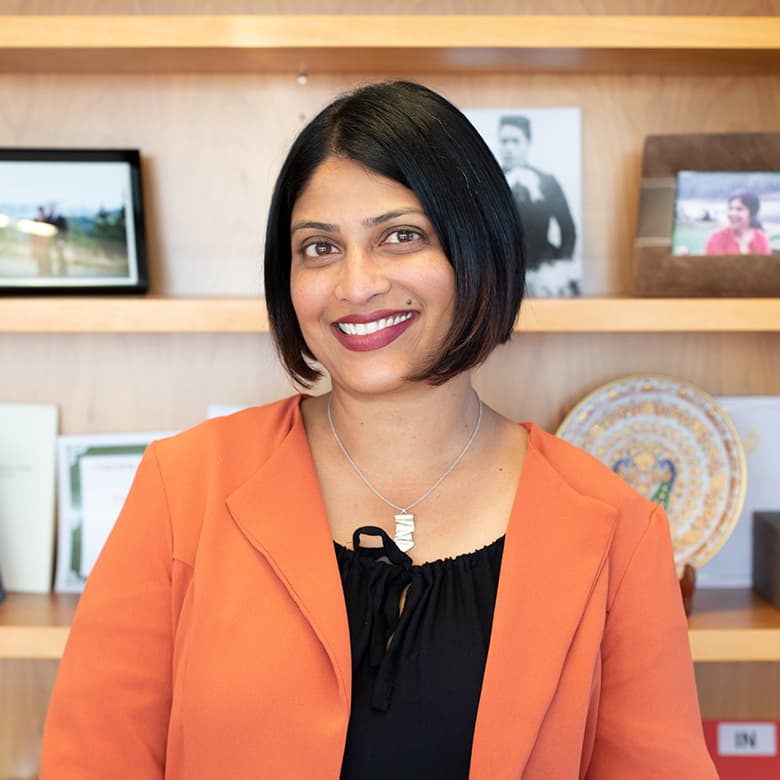The Minister first came to Parliament in 2017, having been a member of the Labour Party since 2006. She was born in Chennai, India and went to school in Singapore before moving to Aotearoa New Zealand. She is also Minister for the Community and Voluntary Sector and for Diversity, Inclusion, and Ethnic Communities. She is Associate Minister for Social Development and Employment, and Workplace Relations and Safety.
In her role as Minister for Disability Issues, Radhakrishnan has been trying to meet with as many disability organisations as she can since taking on the role in February.
“One of the things I’ve really learned is just how diverse the disability communities are.”
So, for example, today I was out on [Auckland’s] North Shore to meet with I.Lead – a youth-focused group for young disabled people around leadership… after that I went to Creative Abilities which is also out on the North Shore which supports people particularly with high and complex needs, again, met with them to find out a little bit more about what they do but also some of the challenges for some disabled people there and also their families who are often the primary caregivers for them.”
Immediately before our interview, she had been at Hearing House which operates out of her Maungakiekie electorate.
“I got to witness the switching on of a cochlear implant for a one-year-old – which was really sweet!”
Though Radhakrishnan clearly enjoys these visits, they aren’t just for fun.
“A lot of what we’re wanting to do and working towards is a society that is inclusive and is accessible – knowing what the main barriers are and working across Government to remove them. That’s what I get to do as a Minister, and I love it – love being able to go out and hear from people directly.

Radhakrishnan hosting Star Jam in the halls of Parliament
“As long as I am the Minister this will be something I continue to do. One side of the Ministerial role is the engagement, and the other side is what we do with what we hear, and that’s what happens with the days that I’m in Parliament in sitting weeks. I’m talking with the Ministry Whaikaha and officials there about the work they’re doing to transform the disability support services system. I’m also giving feedback in terms of what I’m hearing; pressing issues, conversations that then need to be had, either with my Ministerial counterparts or with the Ministry or with other agencies and the portfolios they have as well. So far, I’d say so good –
…people have been incredibly generous with their time and sharing what life is like for them, which is incredibly valuable.”
The Minister was proud of the Budget that the Labour Government released this winter, highlighting several aspects that foregrounded the needs of disabled people, including $863 million going towards the disability support services system, making Total Mobility half-price fares permanent, funding for specialist services for disabled people experiencing family and sexual violence, and contestable funding that allows organisations such as refuges to become more accessible “so if a disabled person decides a specialist service is the way to go or a mainstream service, they should be able to have choice around that service provision.”
One of the more complex challenges featured in this Budget, was the scrapping of the minimum wage exemption for disabled people. Radhakrishnan explained that this existed because of an outdated viewpoint that disabled people’s time was less valuable.
“We’ve wanted to address that in a way that makes things fairer and ensures that disabled people can get at least minimum wage for the work that they’re doing, but to do it in a way that doesn’t then compromise opportunities for employment… The exemption that we’ve worked through is basically a top-up for employers, but the outcome is that it is fairer for employees.”
It’s impossible to view this most recent Budget however, explains Radhakrishnan, without seeing it in the wider context of the impact of the new Ministry Whaikaha, the first of its kind in the world, and the shift in mindset this represents.
“We’ve moved from a health model of looking at disabled people as needing to ‘fix’ the disability, to a social model understanding that people are further disabled by the society they live in and the barriers that are presented to them. The Ministry was set up to ensure that disability support services continue to be delivered and to transform that system based on the Enabling Good Lives principles. Their other purpose is to influence systemic change in government and across government agencies, to remove those barriers that exist in society that are disabling and disempower disabled people.”
The Ministry has been co-designed with disabled people and focuses on aspirations as well as need. Radhakrishnan describes its establishment as “transformational – because we’re moving from a system that is less flexible, which is government telling disabled people what they need, to something that really puts disabled people central to their own lives.”
She described the establishment through Ministry Whaikaha of Regional Leadership Networks, which ensure disabled people co-design the rollout of Enabling Good Lives nationally based on their knowledge of what some of the local issues in different parts of the country are.
“If you’ve got an ECE [Early Childhood Education] centre for example in that area of the regional network, that needs to be accessible for disabled people, this group will be able to work with them to help realise that.”
The past two Budgets have provided funding to roll the Enabling Good Lives (EGL) approach out beyond the three pilot sites where it is available currently.
“The evaluation from that’s been great. I’ve met with people who’ve gone through EGL in some of the pilot sites, and it’s clear to me, hearing their stories, the difference that the flexibility and shift in mindset makes. And then also their confidence, for example some being able to work as a result of it which they couldn’t do previously – it’s pretty powerful.”
Beyond the work that Whaikaha is doing in terms of support services, the Minister outlined the other key aspect of its creation which is something called “systems stewardship”. This is Whaikaha’s role of influencing change where decisions are being made across Government so that we move towards being a more inclusive nation.
“So much of what we’re hearing needs to change sits outside the Ministry’s issues portfolio specifically, when you look at transport, education, housing, access to healthcare, all of that sits with other government agencies. So, my expectation would be that Whaikaha works with other government agencies who affect change in those areas that are topical and most important for disabled people.”
Part of this will be Whaikaha’s role in leading the Government’s responses to the recommendations from the UN Convention on the Rights of People with Disabilities, working across all Government agencies to action change. As the first Ministry of its kind, Whaikaha also has a role to play in providing thought leadership on a global scale.
“We don’t want [Ministry Whaikaha] to be a tick box exercise. We want it to be something that really holds the government to account and creates progress across various areas.”
Beyond Whaikaha, the Minister also discussed the current Labour Government’s record on accessible housing.
“The need for more accessible housing gets raised with me a lot. It was only in 2019 under a Labour Government that Kāinga Ora adopted an accessibility policy that meant they now have a 15% target of all new builds to be built according to the Universal Design Standard. So we’ve been on a pretty ambitious plan to increase housing stock, but also now increase housing stock that is accessible which is something that we desperately need to do. We’ve just delivered 12,000 public homes which has meant we’ve been building more than any government since the 1950s. Kāinga Ora is on track now, mid this year, to meet that target of 15% accessible homes when it comes to their new builds.
“So that’s an example of work we’ve undertaken as a Government to make sure that we’re progressing the needs of our disabled people and disability community but there’s always so much more work to be done.”

Radhakrishnan at a D Sport (Disabilty Sport) event in Wellington

